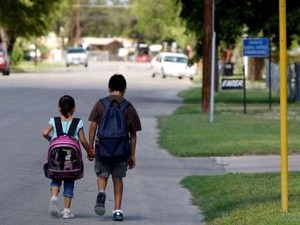Alternatives to Incarceration: The Importance of Local Collaboration and Leadership
Last week, the Audit Services Division of the Milwaukee County Office of the Comptroller released a helpful new report, “Electronic Monitoring can Achieve Substantive Savings for Milwaukee County, but Only if Pursued on a Large Scale with Satisfactory Compliance.” Although the voluminous report particularly focuses on electronic monitoring, it also provides a wealth of background information about the recent history of our local jail, House of Correction, and alternatives to incarceration. The report documents a rich array of new or recently reinvigorated programs that are intended to divert defendants from the jail or House of Correction, either at the pretrial stage or post-adjudication. The report also notes widespread support for these initiatives among nearly all major stakeholders in the County’s criminal justice system, with the most significant exception being Sheriff David Clarke.
Media coverage centered on the report’s finding that home detention and electronic monitoring of larger numbers of offenders might save the County more than $2.5 million in costs at the House of Correction. The Office of the Sheriff responded to this finding in a characteristically derisive fashion, particularly criticizing the House’s current leadership for placing drunk drivers on electronic monitoring.
Although the war of words among County officials makes good copy, I think the real story in the report is the extensive and innovative collaboration that has been occurring for the past half-dozen years between court officials, elected leaders, prosecutors, public defenders, and various other stakeholders in order to address Milwaukee’s chronic jail overcrowding and to develop cost-effective alternatives to incarceration.

